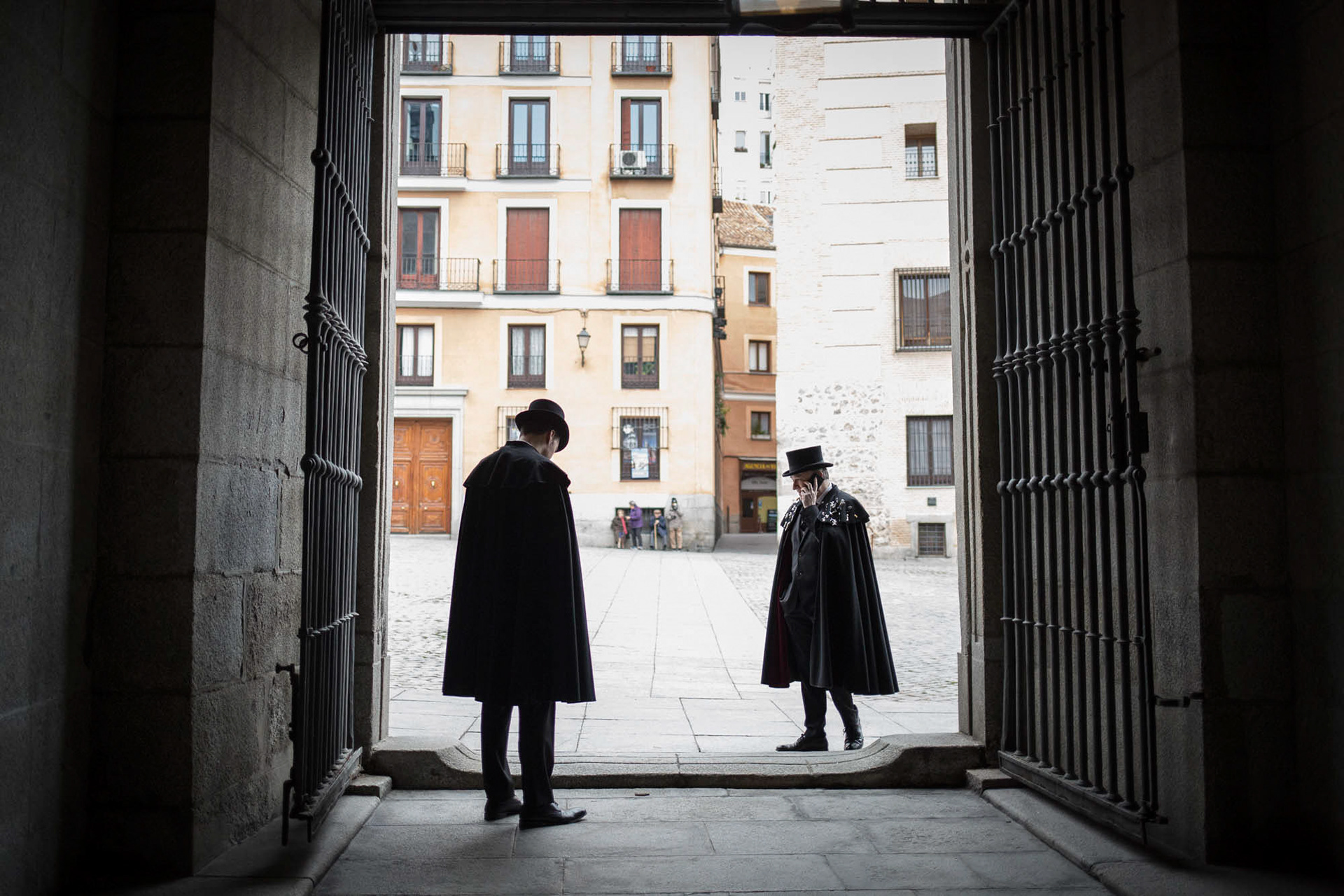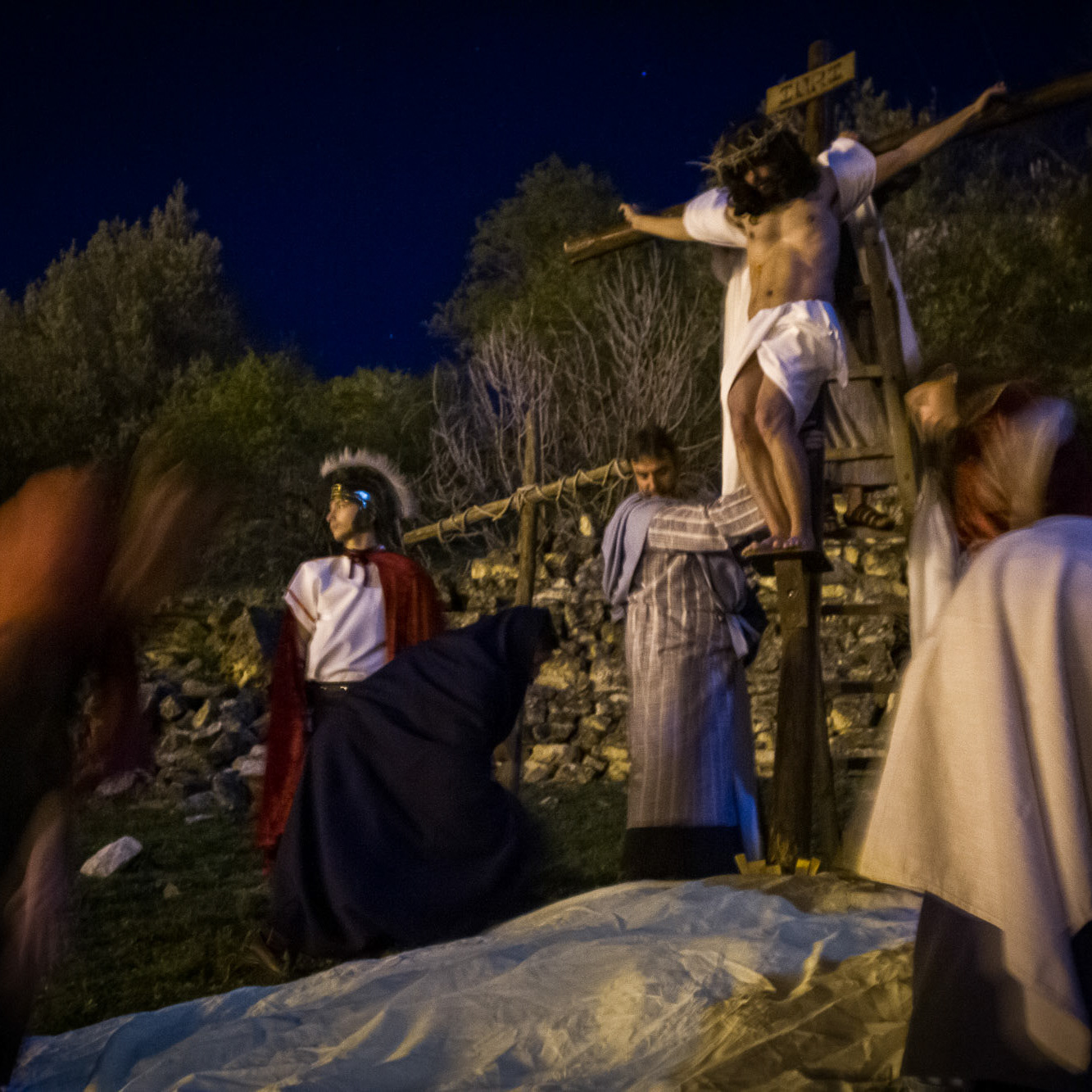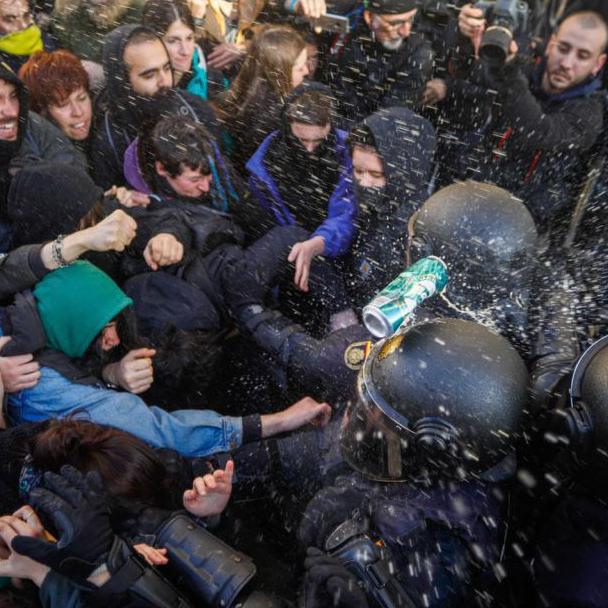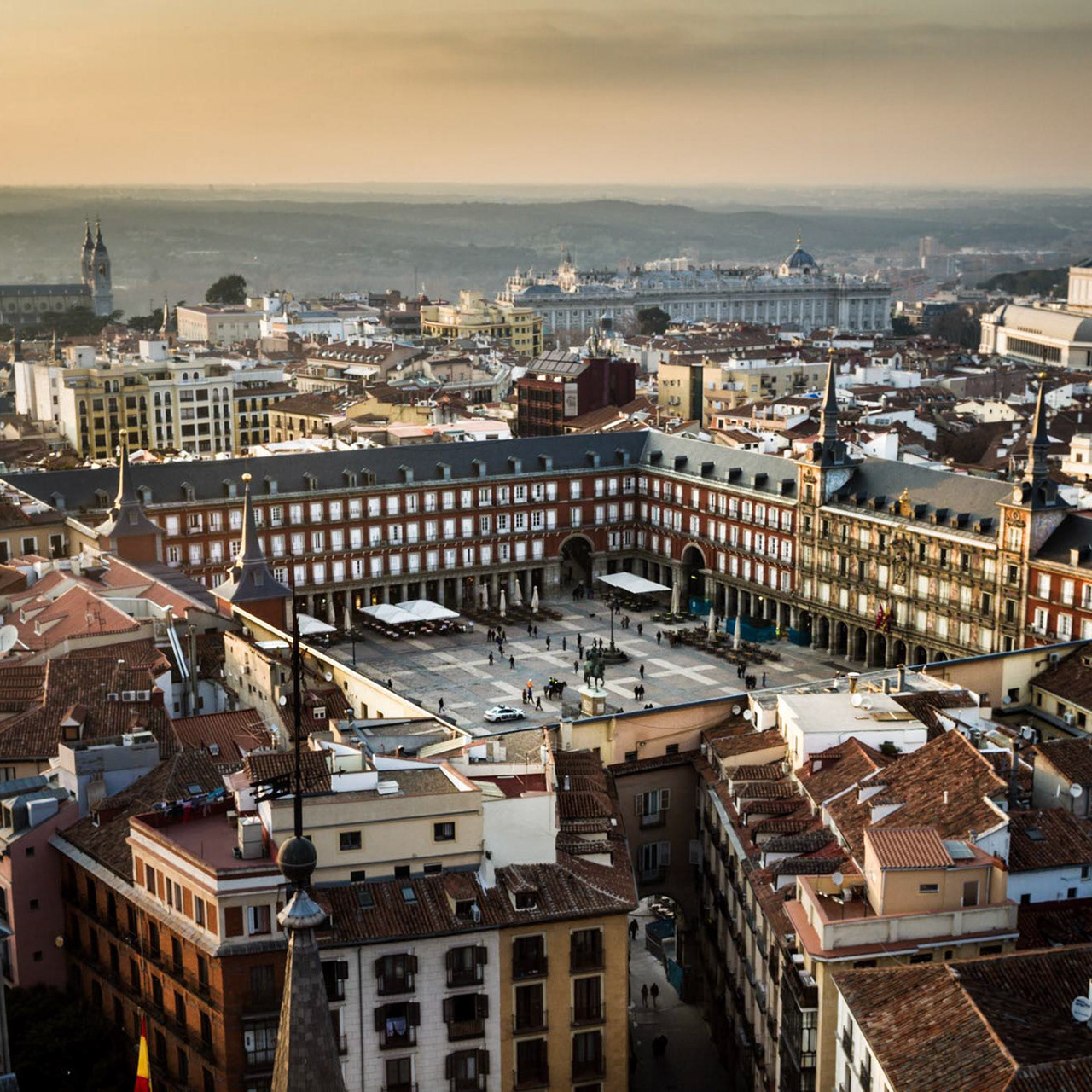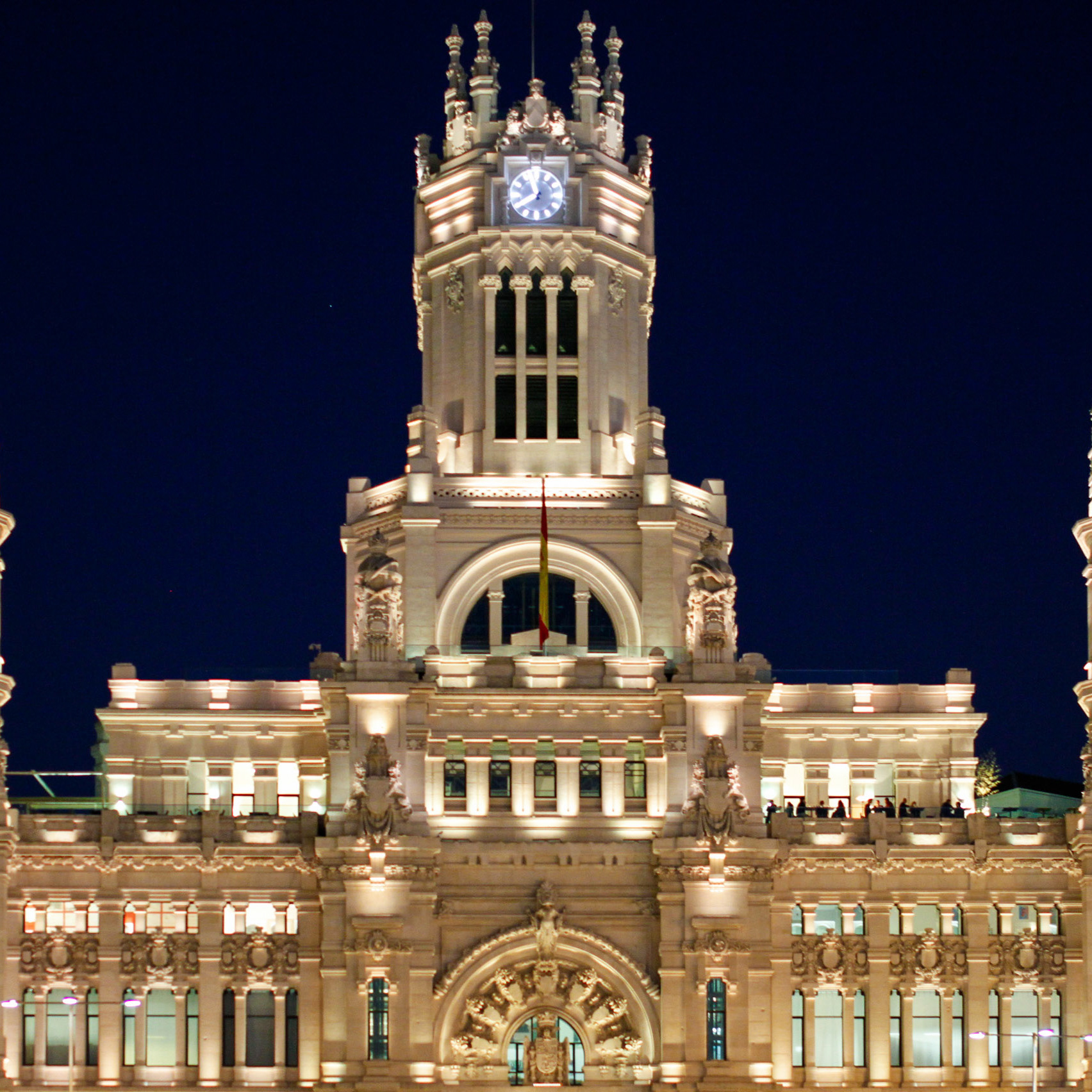The origins of the Merry Brotherhood of the Burial of the Sardine could very well go back to the eighteenth century in the reign of Carlos III of Spain, because according to popular tradition, in Madrid, Villa and Court of the time came a game of rotten fish to the markets, causing the consequent stench throughout the city.
To tackle this problem, the king published an edict ordering the burial of said fish on the banks of the Manzanares River.
This explanation transmitted from generation to generation is not entirely true, because what was buried, and dated, was a game of pigs contaminated with the plague, a disease that at that time drastically decimated any population.
Although it seems strange, there is a relationship between contaminated pigs and sardines, and that all sharecroppers, braceros or wage earners, were entitled to 10 minutes of lunch where they ate a sad piece of bread with a piece of bacon. This strip of bacon was popularly called Sardine, and that's where the tradition that has come to us is surely born.
The exact location of the burial is not specified for sure, but it was probably close to the current Fountain of the Birds in the Casa de Campo, an enclave where, every year of the last decades, we carry out the end of the Burial of the Sardine.
These popular, funny and sarcastic scenes were already captured by the famous painter Francisco de Goya y Lucientes, (at the time the first honorary brother of this brotherhood) who, through his brush, became the best graphic chronicler of the time and in his painting entitled "The burial of the sardine" is reflected all the joy, carefree, and desire for entertainment of the people of Madrid.
It will be precisely these same feelings of joy, carelessness, desire to have fun and enjoy in the company of others, what this association of fellow brothers has continued to maintain until our days, performing year after year the burial of the sardine deceased, becoming depositary of so popular and entrenched tradition of this city (even veiled in the years of carnival prohibition).
To tackle this problem, the king published an edict ordering the burial of said fish on the banks of the Manzanares River.
This explanation transmitted from generation to generation is not entirely true, because what was buried, and dated, was a game of pigs contaminated with the plague, a disease that at that time drastically decimated any population.
Although it seems strange, there is a relationship between contaminated pigs and sardines, and that all sharecroppers, braceros or wage earners, were entitled to 10 minutes of lunch where they ate a sad piece of bread with a piece of bacon. This strip of bacon was popularly called Sardine, and that's where the tradition that has come to us is surely born.
The exact location of the burial is not specified for sure, but it was probably close to the current Fountain of the Birds in the Casa de Campo, an enclave where, every year of the last decades, we carry out the end of the Burial of the Sardine.
These popular, funny and sarcastic scenes were already captured by the famous painter Francisco de Goya y Lucientes, (at the time the first honorary brother of this brotherhood) who, through his brush, became the best graphic chronicler of the time and in his painting entitled "The burial of the sardine" is reflected all the joy, carefree, and desire for entertainment of the people of Madrid.
It will be precisely these same feelings of joy, carelessness, desire to have fun and enjoy in the company of others, what this association of fellow brothers has continued to maintain until our days, performing year after year the burial of the sardine deceased, becoming depositary of so popular and entrenched tradition of this city (even veiled in the years of carnival prohibition).
